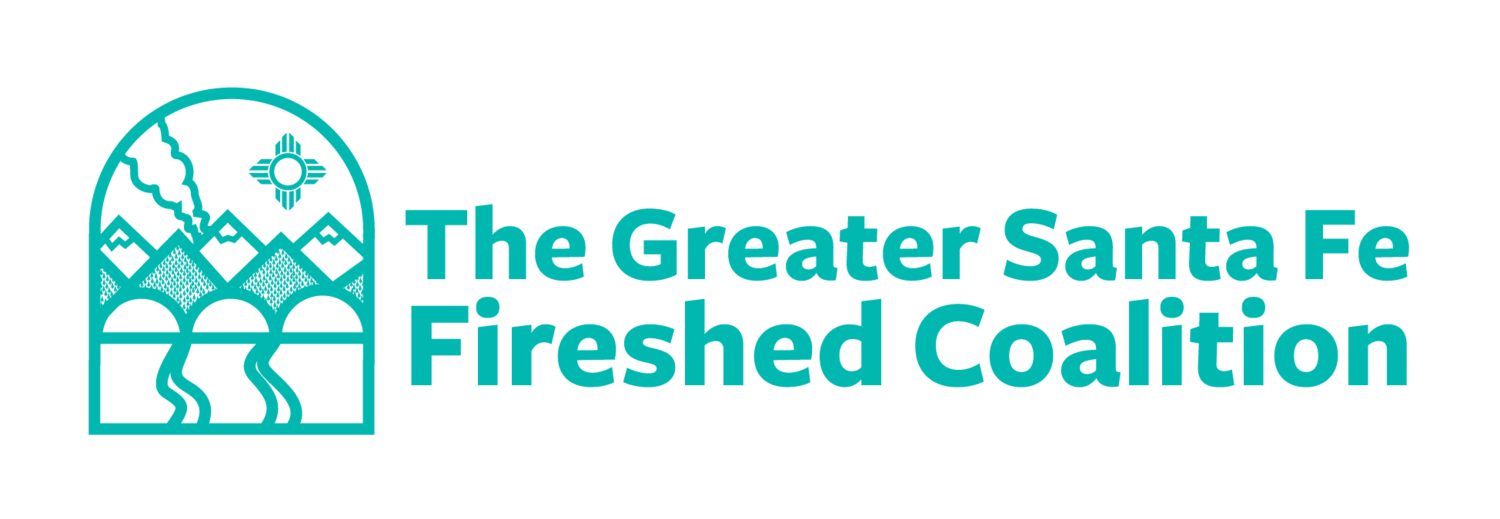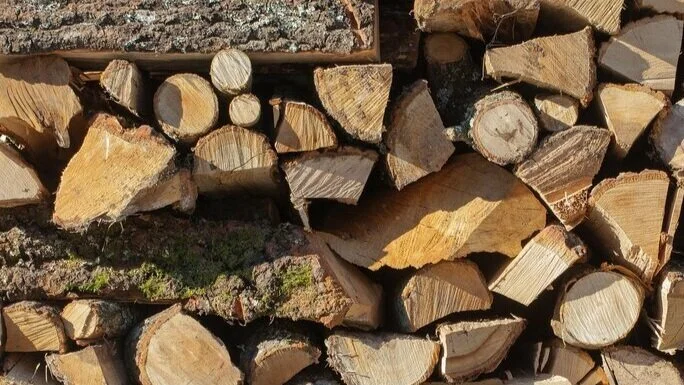Hello Fireshed Members,
Hope you all had a nice holiday weekend! My name is Liz Bailey and I’m a new Southwest Project Coordinator at the Forest Stewards Guild, I’ll be helping Gabe out with some of our FACNM materials. I’m new to Santa Fe and excited to be here and learn more about how fire adapted communities are keeping informed and engaged across New Mexico. I’m particularly passionate about restoration ecology and am drawn to the diverse terrain and invaluable forests here in the Southwest. We’re eager to hear from you if there are topics you would like featured here on Wildfire Wednesdays, please email me at liz@forestguild.org if you have any suggestions or questions!
Preparing for fire season looks different from family to family and there are certain precautions you may want to consider depending on who your family members are. This Wildfire Wednesday features resources targeted towards your family members who might need additional considerations when preparing for wildfire season including:
· Household pets
· People with disabilities
· Elderly
· Pregnant women & new parents
We hope this information helps you and your family be more prepared for wildfire season! Check out the bottom of this post for information about an upcoming webinar.
Liz
Household Pets
Photo credit: Klaus Vedfelt
Our pets are a part of our family and should be incorporated into our evacuation plans and go-kits! If there is threat of a wildfire, bring your pets inside your home in case an evacuation notice is issued and you need to move quickly. If you can, you should take your pet with you during an evacuation but know that many evacuation centers do not accept pets unless they are registered as service animals. You can use sources like Red Rover or Pet Finder Shelter Center to find temporary shelters to house your animal, or BringFido.com to find pet-friendly rentals.
To make sure your pet has the proper supplies and documentation they need in the case of an emergency or evacuation, check out the Wildfire Preparedness for Household Pets guide. They have great suggestions like including your pet’s medical files on a flash drive to keep in your kit!
Click here to download the pet evacuation kit from the National Fire Protection Association.
People with Disabilities
In the United States, more than 13% of people in our population have some type of disability. Although common, disabilities present themselves in different ways and may affect one’s ability to evacuate during an emergency.
Click here to explore the NFPA Emergency Evacuation Planning Guide for People with Disabilities that was developed by the Disabilities Access Review and Advisory Committee.
“The NFPA Emergency Evacuation Planning Guide for People with Disabilities has been developed with input from the disability community to provide general information on this important topic. In addition to providing information on the five general categories of disabilities (mobility impairments, visual impairments, hearing impairments, speech impairments, and cognitive impairments), the Guide outlines the four elements of evacuation information that occupants need: notification, way finding, use of the way, and assistance. Also included is a Personal Emergency Evacuation Planning Checklist that building services managers and people with disabilities can use to design a personalized evacuation plan.”
You can also visit nfpa.org/disabilities for more resources
Elderly
Photo Credit: US Fire Administration
Our elderly population is the most vulnerable demographic to wildfire mortality, those 85 and up over 4 times more likely to die in a fire compared to the rest of the population. If you have an elderly family member you can help them develop a plan and disaster kit in case of an emergency. The American Red Cross has a Disaster Preparedness For Seniors By Seniors that covers the basics in preparing for an emergency, what to do during an emergency, and what to expect after.
Click here to download the Disaster Preparedness For Seniors By Seniors guide.
Pregnant Women & New Parents
Image: Biscotto Design
The threat of wildfire and smoke are concerning for anyone, but especially pregnant woman and parents with babies. Pregnant women should take extra care to minimize smoke inhalation during wildfires. The Center for Disease Control has some great information for pregnant women, breastfeeding mothers/infant feeding, new moms and postpartum women in the context of natural disasters and wildfires in particular.
Click here to read the CDC’s Safety Messages For Pregnant, Postpartum, and Breastfeeding Women During Natural Disasters and Severe Weather. (en Español)
Click here to read more about Wildfire Smoke and Pregnancy (en Español)
Upcoming Webinar: National Firewood Workshop
Photo: A-Plus Tree Services
In addition to these family-based resources we’d also like to highlight an upcoming webinar, National Firewood Workshop hosted by NC State University Wood Products Extension. This online event on June 9th and 10th is a “free two-day workshop held on the Zoom online platform focuses on the business side of the split firewood industry. We invite everyone to come and dig deep into the business issues of operating a profitable firewood business and have the top professionals in the firewood industry discuss the issues of equipment, sourcing wood, insects and quarantines, marketing, sound business management, transportation, brokers buying for large stores, dry kilns, automation and employee issues… This is a great workshop for buyers and sellers of firewood as well as equipment vendors, arborists, foresters and government supporters of forestry.”
To register for this event click here and then select the orange button “Select a Date” to register with your information. There is no cost to attend and you can stay for as much or as little as you’d like!




